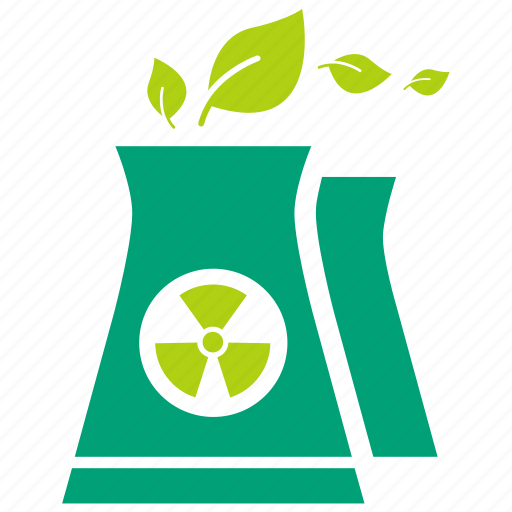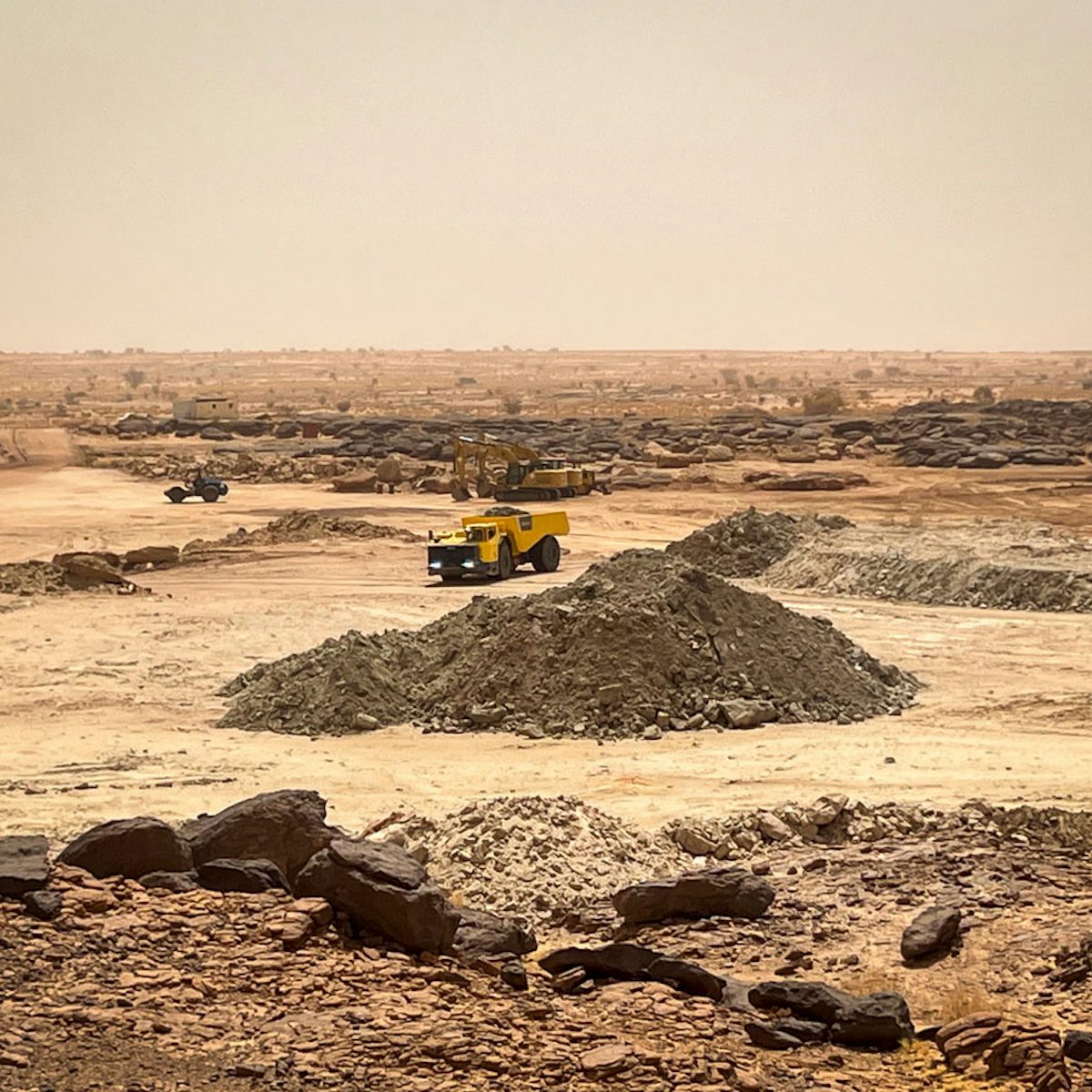Global Atomic said it anticipates securing a project financing loan from a US development bank by early in the first quarter of 2025 to advance its Dasa uranium project in Niger.
The Canada-based company reported that in recent discussions, the bank confirmed its intention to approve a $295m (€271m) debt facility, which would cover 60% of the project’s projected costs.
Dasa is the highest-grade uranium deposit in Africa, surpassed only by grades found in Canada’s Athabasca Basin, and is scheduled to achieve commercial production in early 2026.
“The approval timelines outlined by the bank support yellowcake deliveries in 2026 as anticipated in the four offtake agreements we have in place with American and European nuclear power utilities,” said Global Atomic president and chief executive officer Stephen Roman.
“To help fund the continuing development of Dasa until the bank funds are available, earlier this month we raised CAD40 million [€26m, $29m] in an oversubscribed public offering.”
In addition to the unnamed development bank, Global Atomic is in discussions with parties regarding potential joint venture investment in the Dasa Project and other financing solutions, the company said.
According to Global Atomic, earthworks and civil engineering are progressing in preparation for the installation of plant equipment, components of which are now arriving at the site.
In August it emerged that the US development bank postponed a scheduled July presentation about the Dasa project to its credit committee, with Global Atomic saying it would move to “finalise other financing discussions” if there were further delays.
The Nigerien government has pledged its full support for the Dasa project, but other uranium developers in Niger faced major setbacks this past summer.
In June, Niger’s ruling military junta, which came to power following a coup in July 2023, revoked the operating licence of French company Orano at the Imouraren mine, which sits on one of the biggest uranium deposits in the world.
Orano said last week it would halt its uranium production in Niger from 31 October, citing a “highly deteriorated” situation and its inability to operate.
In July, Canada-based GoviEx Uranium said the junta had withdrawn its licence for the Madaouela uranium mine, dealing a major blow to the development of one of the world’s largest uranium projects.
The coup led the US to suspend government funding for Dasa. Still, the company managed to raise CAD15m in January and CAD20m in July by selling stock.


